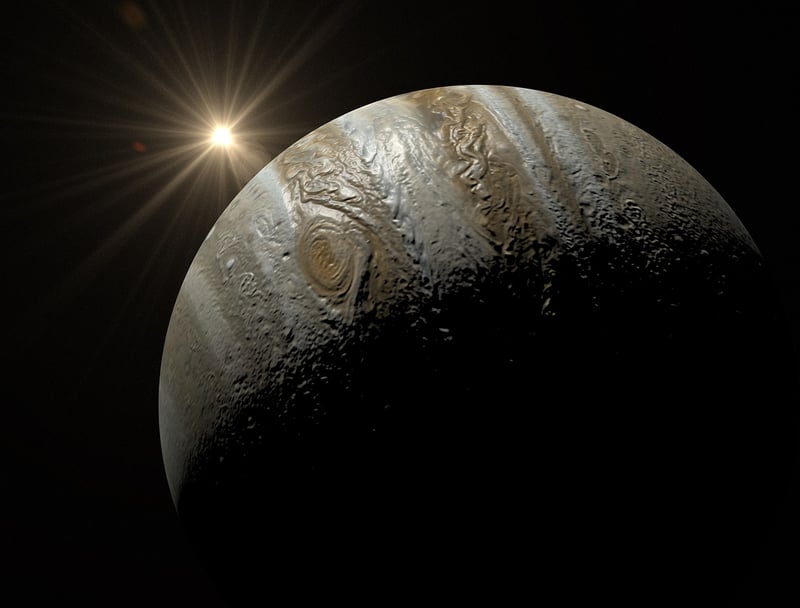Alien Planetary Systems
Exploring Distant Planets and Alien Planetary Systems
As humans, our curiosity about the vast universe knows no bounds. We have always looked up at the night sky and wondered about the possibility of other planets like our own, existing in far-flung corners of the galaxy. In recent years, advancements in technology have allowed us to delve deeper into the mysteries of space, leading to the discovery of numerous distant planets and alien planetary systems.
Search for Exoplanets
Exoplanets, or planets that orbit stars outside our solar system, have been a focal point of astronomical research. Scientists use various methods to detect these exoplanets, including the transit method, radial velocity method, and direct imaging. Through these techniques, thousands of exoplanets have been discovered, some of which are located within the habitable zone of their stars.
Habitable Zone
The habitable zone, also known as the Goldilocks zone, is the region around a star where conditions may be right for liquid water to exist on a planet's surface. This is a crucial factor in determining the potential habitability of an exoplanet. Discovering exoplanets within the habitable zone is a significant step towards finding alien worlds that could potentially harbor life.
Alien Planetary Systems
Alien planetary systems are diverse and fascinating. Some exoplanets are gas giants like Jupiter, while others are rocky like Earth. There are also binary star systems where planets orbit two stars instead of one. These unique configurations challenge our understanding of planetary formation and evolution.
Kepler-186f
One of the most intriguing exoplanets discovered is Kepler-186f. Located about 500 light-years from Earth, Kepler-186f is within the habitable zone of its star. It is a rocky planet similar in size to Earth, making it a prime candidate for potential habitability.
Future of Space Exploration
As technology continues to advance, our ability to explore distant planets and alien planetary systems will only grow. Missions like the James Webb Space Telescope and the upcoming LUVOIR telescope promise to revolutionize our understanding of the cosmos and potentially unveil more secrets about extraterrestrial worlds.
Exciting Times Ahead
The search for distant planets and alien planetary systems is an exciting journey that captivates the imagination of scientists and space enthusiasts alike. With each new discovery, we come one step closer to answering the age-old question: are we alone in the universe?

Join us as we continue to unravel the mysteries of the cosmos and explore the possibilities of life beyond our solar system.
References: NASA, Exoplanet Exploration
